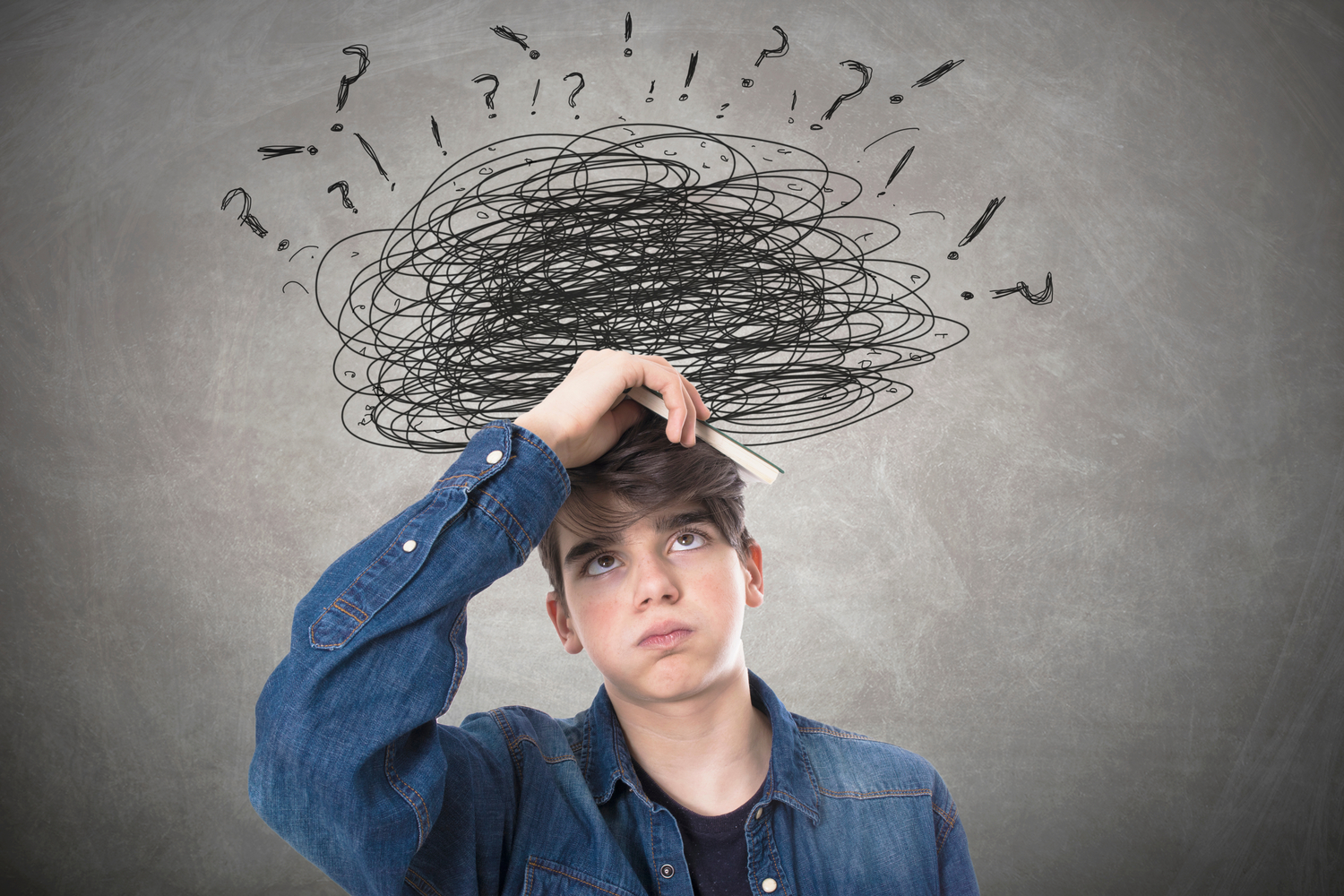Comprehensive Guide to Understanding and Managing Depression
Depression is a common yet complex mental health disorder that affects millions worldwide. This comprehensive guide explores the causes, symptoms, and effective treatment options for depression. Recognizing early signs and seeking appropriate care can significantly improve quality of life. Combining medication, psychotherapy, and lifestyle changes offers the best chances for recovery. Understanding depression and reducing stigma are vital steps toward mental health awareness and support. Whether you're personally affected or seeking to understand a loved one's condition, this guide provides valuable insights into managing depression effectively.

The Essential Insights into Depression: Causes, Symptoms, and Treatment Options
Depression, medically known as major depressive disorder, is a complex and pervasive mental health condition that profoundly affects a person's emotional well-being, thoughts, and behaviors. This disorder is characterized by persistent feelings of sadness, hopelessness, and a loss of interest in activities once enjoyed. It can interfere with daily functioning, relationships, and overall quality of life. Recognizing the severity and widespread nature of depression is crucial in understanding its impact on millions globally.
Depression is not just feeling down occasionally; it is a persistent, often chronic condition that can last for weeks, months, or even years if left untreated. Individuals tend to experience fluctuations, with episodes of heightened symptoms interspersed with periods of relative normalcy. According to data from the National Institute of Mental Health, approximately 16.1 million adults in the United States experienced at least one depressive episode in 2015 alone. Epidemiological studies also indicate that women are at higher risk compared to men, highlighting the importance of targeted mental health interventions. The widespread prevalence of depression makes it one of the leading mental health concerns worldwide, demanding increased awareness, research, and accessible treatment options.
What Causes Depression?
The precise causes of depression remain elusive, as it results from a complex interaction of multiple factors. Researchers continue to explore how emotional, biological, and environmental influences interplay to trigger this mental health disorder. Understanding these factors is vital for effective prevention and treatment.
Emotional Triggers: Events involving significant loss or disappointment, such as the death of a loved one, divorce, or job loss, can lead to profound emotional distress that may develop into depression. These stressful life events often challenge an individual's resilience and coping mechanisms.
Biological Factors: Neurochemical imbalances, particularly deficits or irregularities in neurotransmitters such as serotonin, dopamine, and norepinephrine, are strongly linked to depression. These biological factors can be exacerbated by early-life trauma, chronic health conditions, or hormonal changes.
Medical Conditions: Chronic illnesses like cancer, cardiovascular disease, hypothyroidism, and chronic pain syndromes are associated with higher depression rates. The physiological stress and lifestyle impact of these conditions can precipitate depressive symptoms.
Medication and Substance Use: Certain medications, especially sedatives and some antihypertensives, may have side effects contributing to depression. Additionally, substance misuse, including alcohol and recreational drugs, can both cause and worsen depressive states.
Hormonal Fluctuations: Hormonal changes during postpartum periods, menopause, or thyroid disorders can influence mood regulation, frequently leading to depression in women.
Genetic Predisposition: Family history plays a significant role; individuals with a genetic predisposition are more vulnerable to developing depression when exposed to environmental triggers.
Other Risk Factors: Factors such as pervasive pessimism, history of abuse, social isolation, personality traits, and lack of social support systems also contribute to the risk of depression.
Recognizing Symptoms of Depression
Depression manifests differently across age groups and individuals, but certain core symptoms are common indicators. Recognizing these signs early helps in seeking timely treatment.
In Children: Symptoms may include excessive clinginess, feelings of sadness, anxiety, fearfulness, and reluctance to attend school or participate in activities. They may also exhibit irritability and physical complaints without medical explanation.
In Adolescents and Teenagers: Mood swings, anger, low self-esteem, withdrawal from friends, academic decline, and increased risky behaviors like substance use are typical. Peer influence and identity development add complexity to diagnosis.
In Adults: Common symptoms encompass persistent feelings of hopelessness, fatigue, sleep disturbances, changes in appetite or weight, decreased libido, concentration difficulties, and thoughts of self-harm or suicide. Physical symptoms such as aches and pains, digestive issues, and chronic exhaustion are also prevalent.
General Symptoms Across All Ages: These include pervasive sadness, irritability, frustration, low energy, feelings of worthlessness, and slowed thinking or decision-making abilities. Recognizing such patterns is essential for early intervention.
Effective Strategies for Managing Depression
While depression can be a daunting condition, numerous treatment options have proven effective, especially when approaches are personalized and comprehensive. Collaboration with healthcare providers ensures tailored therapies that address individual needs.
The cornerstone of depression management typically involves a combination of medication and psychotherapy. Antidepressant medications help correct neurochemical imbalances, alleviating symptoms and restoring emotional stability. It is important to adhere to prescribed regimens and communicate openly with healthcare providers to monitor effects and make necessary adjustments.
Psychotherapy, especially cognitive-behavioral therapy (CBT), is instrumental in helping individuals develop healthier thinking patterns and coping skills. Other approaches, such as interpersonal therapy, psychodynamic therapy, or group therapy, may be employed based on individual preferences and specific issues.
Support from friends and family plays a vital role in recovery. Educating loved ones about depression fosters understanding and patience, creating a supportive environment conducive to healing. Lifestyle modifications, including regular physical activity, balanced nutrition, sufficient sleep, and stress management techniques, can also significantly enhance treatment outcomes.
For some individuals, alternative treatments such as mindfulness, meditation, or acupuncture might provide additional relief. In severe cases, hospitalization or intensive outpatient programs may be necessary to ensure safety and stability.
Early diagnosis and ongoing treatment are critical in managing depression effectively. With proper care, many individuals experience substantial improvement and regain an active, fulfilling life. Breaking the stigma associated with mental health challenges is equally important, encouraging more individuals to seek help without shame or hesitation.





